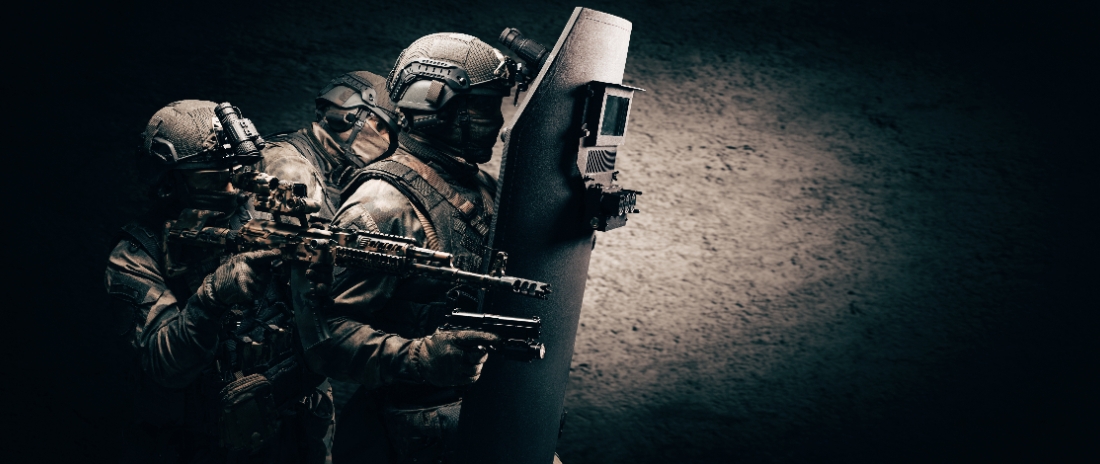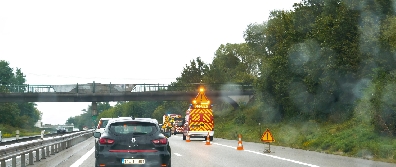Swatting, falsely reporting a dangerous emergency to trigger a law enforcement response, has become an increasingly dangerous form of harassment. What often begins as a so called “prank” can quickly escalate into heavily armed SWAT teams storming private homes, causing injuries, trauma, or even death. Florida, like many states, has seen a rise in these hoax emergencies, often targeting public figures, gamers, or schools. According to the FBI, swatting incidents nationwide have grown by over 100% in recent years, with Florida ranking among the top states for reported cases. Recently, there was even an incident where two teenagers swatted a Florida man playing fortnite, causing a massive reaction from law enforcement, and putting lives in danger due to the false report. In response to this alarming trend, Florida lawmakers enacted HB 279, aiming to strengthen penalties and expand accountability for individuals who make false emergency reports.
What is HB 279?
House Bill 279 was signed into law by Gov. DeSantis on May 21, 2025 and takes effect on July 1, 2025. The bill directly targets the act of “swatting”, the intentional false reporting of a crime or emergency with the goal of eliciting a significant law enforcement response, typically from a SWAT team or similar tactical unit. Under the newly revised statute, a person commits a felony of the second degree if they knowingly make a false report that results in a response from a SWAT team or other specialized emergency unit. In addition, the bill allows the court to impose restitution, meaning the defendant may be required to reimburse agencies for the cost of the emergency response.
The law also strengthens jurisdictional rules, allowing prosecution in any Florida county where the false report was received, where the emergency response occurred, or where the intended target was located, a change that makes it easier to pursue offenders who attempt to obscure their identities across digital lines. HB 279 gives prosecutors more tools and more incentive to go after those responsible for swatting incidents, even when they're miles away behind a computer screen.
How does this Affect Swatting Cases?
Before HB 279, swatting cases were often prosecuted under general false reporting statutes, such as Florida Statute § 817.49, which typically resulted in misdemeanor or third-degree felony charges depending on the harm caused. While these statutes allowed for some level of accountability, they did not specifically address the unique severity or public safety risks involved in swatting. Nor did they include reimbursement for the massive cost of tactical responses, which can stretch local law enforcement budgets and divert resources from real emergencies.
For example, prior to HB 279, a person who falsely reported a hostage situation at a school might face a third-degree felony. Now, under HB 279, if that false report triggers a SWAT deployment, it is automatically elevated to a second-degree felony, punishable by up to 15 years in prison and a $10,000 fine.
Additionally, the restitution clause in HB 279 changes the stakes significantly. Imagine a teen who makes a prank call claiming that a bomb is inside a friend’s house. The sheriff’s office responds with K-9 units, bomb technicians, and a tactical team. Even if no one is hurt, the teen’s parents may now be liable for thousands of dollars in response costs. This financial consequence adds another deterrent layer beyond just prison time.
Possible Defenses to swatting in Florida
Facing charges under Florida’s HB 279 for swatting is a serious matter, but there are several potential defenses available, depending on the facts of the case. One of the most commonly used defenses is the lack of criminal intent. Prosecutors must prove that the defendant knowingly and willfully made a false report with the purpose of prompting a law enforcement response. If the individual genuinely believed an emergency was occurring, for example, they thought they saw someone breaking into a neighbor’s home and called 911 in good faith, then even if the report turned out to be incorrect, there is no criminal liability under the statute. A mistaken but sincere belief in danger does not meet the legal threshold for a swatting conviction.
Another possible defense is mistaken identity, particularly relevant in cases involving spoofed phone numbers, hacked accounts, or internet-based calls. In today’s digital world, a person could be falsely implicated in a swatting case if someone else used their IP address, phone number, or login credentials to place the fake emergency call. Imagine a situation where a teen’s phone number appears on a swatting call, but further investigation reveals that their number was spoofed by someone using an app to disguise the caller’s true identity. Without concrete proof tying the defendant to the false report, such as an admission, surveillance footage, or forensic digital evidence, the charges may not hold up in court.
Swatting cases may also involve constitutional issues, particularly if law enforcement violated the defendant’s rights during the investigation. For instance, if police seized a suspect’s phone or computer without a valid warrant, any evidence collected from that device could be suppressed in court. Similarly, if the suspect was questioned without being read their Miranda rights, any incriminating statements may be inadmissible. These procedural missteps can significantly weaken the prosecution’s case and may result in a dismissal or reduction of charges.
Hire a Swatting Defense Attorney in Florida
If you or a loved one has been charged with a Swatting Offense or any other Violent Crime in Melbourne, Florida or the surrounding area, it is important to hire a criminal defense attorney immediately. Germain Legal can provide the legal assistance you need to ensure your case is in the right hands, and you will be getting the best representation that you deserve.
Call (321) 775-3559 to request a free consultation.













Comments